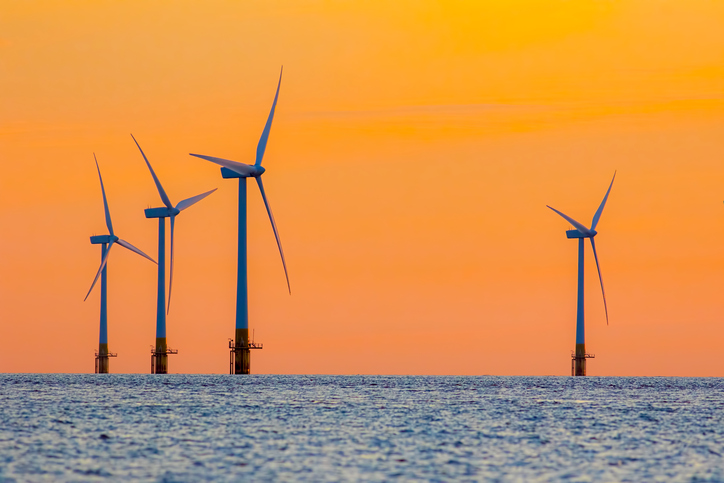Recommendations have been made by the Offshore Energy Data Strategy Taskforce to help create the conditions for better data sharing and ultimately digitalisation.
The Taskforce – run by the Energy Systems Catapult (ESC) and Offshore Renewable Energy Catapult – was established to bring together stakeholders from across the offshore energy sector to make recommendations to accelerate the development and adoption of a coordinated digital and data strategy.
The ESC said that the offshore energy sector plays a significant role in meeting the UK’s energy needs and is therefore “crucial” in achieving net zero.
However, it added that the challenge is “multi-faceted”, with established industries such as oil and gas needing to modernise their production techniques, while offshore wind needs to accelerate growth to meet government targets.
Additionally, the ESC said that new industries such as carbon capture, utilization and storage (CCUS), hydrogen and wave and tidal generation all require further development to move towards long-term commercial viability.
The Taskforce’s recommendations have been split into two groups – strategic and workstream recommendations.
The strategic recommendations include that the offshore energy sector should establish a Digital Strategy Group and drive the adoption of Data Best Practice Guidance across the sector, as well as establishing a common data toolkit to facilitate controlled and automated data sharing.
The sector should also coordinate digitalisation efforts to enable efficient investment and capture cross-sector requirements.
The government published its own Energy Digitalisation Strategy last summer. This included plans to have standards and regulatory frameworks in place that ensure energy data collection and applications meet best practice and that data assets are treated as open and accessible by default while privacy and security is protected by the mid 2020s.
The Taskforce’s workstream recommendations include that the offshore energy sector should create a whole system view of existing and planned infrastructure, aligning different data layers to provide a forward view of development requirements.
The other workstream recommendations are:
- Advancing data coordination – a Task Group should be established to drive interoperability of data portals and promote the discoverability and reuse of existing data through the development of a data portal roadmap
- Leveraging asset data – the sector should increase the utilisation of existing operational and asset data, using the Open Data Triage process, mitigation techniques and standardised data sharing agreements to manage risks
- Offshore emissions data for net zero – the monitoring of net zero targets and advanced emissions tracking should be enabled by leading on the provision of high-resolution and digitised emissions data monitoring and reporting
The ESC said that there is a “sizeable opportunity” in fostering data sharing and cross-sector digitalisation initiatives as data is non-rival, meaning that both the data owner and the sector can benefit from better utilisation simultaneously.
The Taskforce therefore aims to align digital and data strategies across the sector with the mission of delivering a modern, digitalised and integrated, offshore energy sector.
It follows the Energy Data Taskforce releasing its recommendations in 2019.
These recommendations included adopting the principle that energy system data should be presumed open, as well as establishing a unified digital system map of the energy system and creating an asset registration strategy.
Meanwhile, the Energy Digitalisation Taskforce – which was designed to follow on from the work of the Energy Data Taskforce – released its own recommendations earlier this year, with these focusing on bringing value to consumers, accelerating decarbonisation, maintaining a stable, secure and resilient system and optimising whole system investment and operation.





